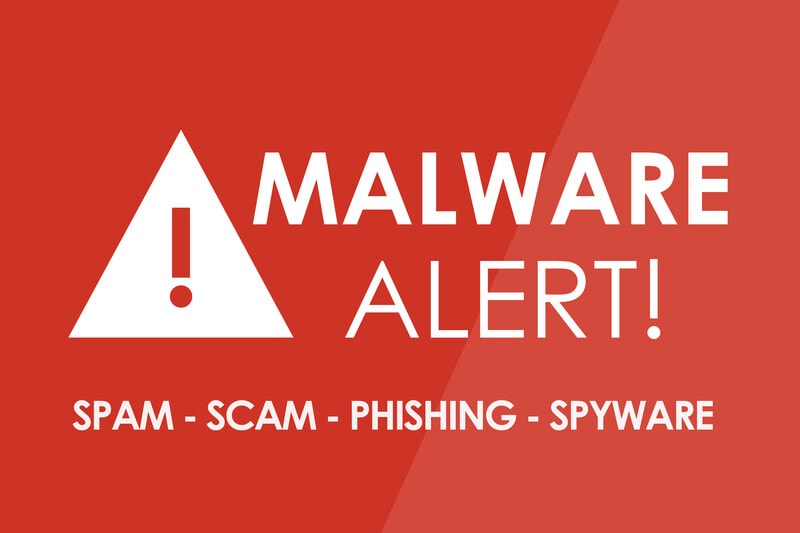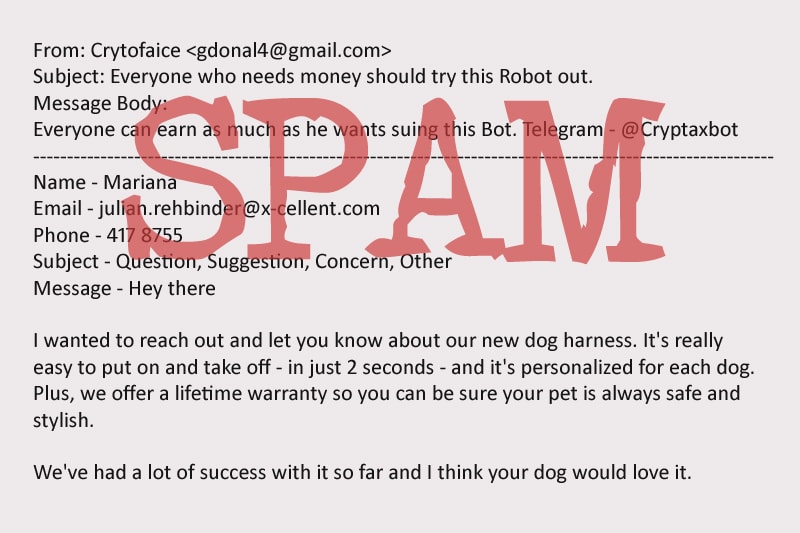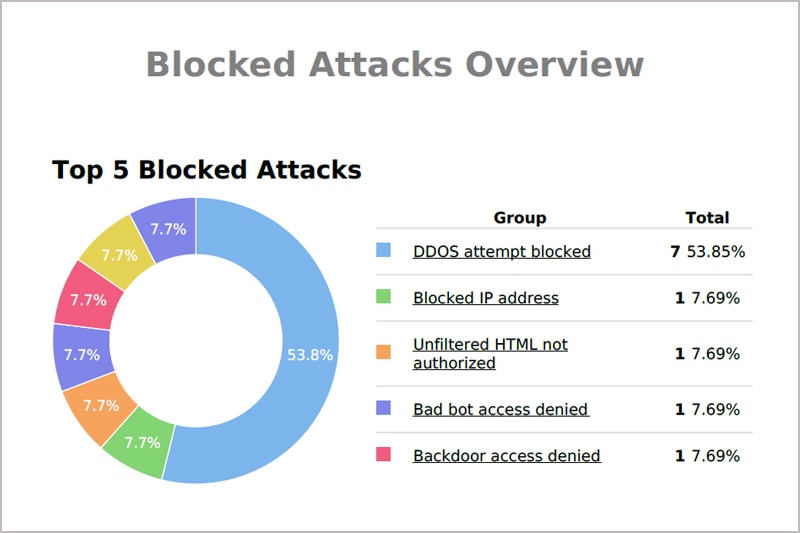HERE’S HOW TO PROTECT YOUR WEBSITE FROM HACKERS.
How do people hack your website? First, there are two types of websites.
(1) Websites that have been hacked and
(2) Websites that will be hacked.
Many website owners are unaware. For example, they see strange pages popping up, or their website stops working. On the other hand, they may see a warning about their website in Google search results.
Also, see 109 Biggest Data Breaches, Hacks, and Exposures 2024

Furthermore, hacking happens to every SIZE and TYPE of website. For example, notable hacks include the following.
1. Yahoo – 3,000,000,000 records compromised
2. River City Media – 1,370,000,000 records compromised
3. Facebook – 533,000,000 records compromised
4. Syniverse – 500,000,000 records compromised
5. Marriott International – 383,000,000 records compromised
6. Microsoft – 250,000,000 records compromised
7. Amazon – 14,000,000 records compromised
8. Solar Winds – 50,000,000 records compromised
9. MGM Motels – 11,000,000 records compromised
10. Capital One – 100,000,000 records compromised
11. WaWa – 30,000,000 records compromised
12. Twitter – 330,000,000 records compromised
Website Malware Infections
Why do people hack your website? Website infections can happen for many reasons. For instance, infections can result from bad actors exploiting a website’s environment for its SEO. In the same way, malware infections favor websites with traffic, sensitive credit card details, or server resources.
Also, see Protection from Hackers and Spammers.
SEO Spam
Spam is the most common infection. SEO spam infections are one of the most common types of malware. They are, moreover, allowing attackers to piggyback off a website’s hard-earned rankings. Furthermore, this can be extremely valuable for bad actors.
Attacks often result in unwanted spam and redirecting to the attacker’s websites by leveraging injected links, spam comments, and new posts or pages.
There are three common approaches used to inject SEO spam on websites:
1. HTML and SQL code injections for concealed elements in a plugin or theme files
2. Fake spam posts injected into the Content Managed database
3. Doorway pages for spam content created on the fly
If left untreated, SEO spam can damage website rankings and organic traffic, block listing, negatively impact a website’s reputation, or incur lost revenue.
SQL Injection
How do people hack your website? Most often, they use SQL injection. In short, an SQL injection can happen anywhere you have a form element on your site. Hackers look for areas with vulnerabilities. Once they find one, they use a malicious SQL command instead of a valid form entry.
SQL infection links or scripts enter your website via the following points of entry:
1. Contact forms
2. Subscription forms
3. Login Forms
4. Search Bars and many other input fields.
Pre-Warnings of Hacker Probing
Hackers are constantly probing your website and server for vulnerabilities. If you receive large amounts of spam emails from your website, forms indicate hackers are looking for a way into your website.
How To Prevent Infections
1. Use only popular, well-known plugins and theme authors.
2. Ensure the computer you use to access your site is secure with the latest updates and anti-virus software.
3. Ensure your website browser is free of add-ons such as Browser Help Objects, aka BHOs.
4. Make sure your website hosting plan setup is secure! Stay away from cheap hosting, having little care or support for your WordPress Security.
5. Keep Form Entry Fields To A Minimum. Form and input fields are the critical access points for an SQL injection.
6. Get a Good Security Plan with WAF to protect your website at the server level.
CONCLUSION
Use (.HTACCESS Rules) To Protect From SQL Injection and other website intrusions.
For example,
1. Redirect all HTTP to HTTPS your Disable Directory Browsing
2. Deny Access To Files and Block Access To Folder And Files
3. Block cross-site scripting (XSS), Restrict Direct Access To PHP files, and above all, Block PHP Code Execution!
ABOUT VISIONEFX
The VISIONEFX SEO team understands that you want your business website to get top exposure on Google. To do that, you need professional search engine optimization. Above all, we perform SEO tasks and strategies to find your website.
Please read what our customers have to say about VISIONEFX on Google Reviews.
For more information, call (757) 619-6456 or email info@visionefx.net.








